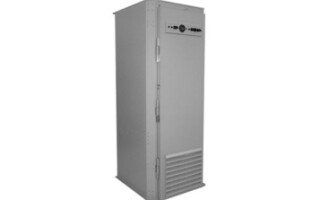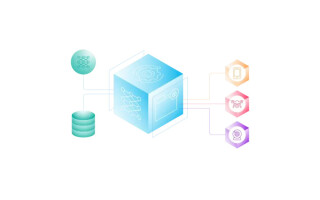DARPA Spectrum Collaboration Challenge won by U of Florida team
NewsOctober 25, 2019

LOS ANGELES. After three years of competition, the "GatorWings" team from the University of Florida prevailed in the final head-to-head competition of the Spectrum Collaboration Challenge (SC2) -- a long-term challenge run by the Defense Advanced Research Projects Agency (DARPA) to find the team whose artifcial intelligence (AI)-managed radio system collaborated best when matched up with the diverse lineup of systems other teams had built and brought to the finale.
The SC2 was part of a three-year effort by the agency to develop AI-managed radio systems to help avoid a looming spectrum crunch.
In the SC2 -- the latest in the long list of DARPA’s grand challenges, starting with 2004’s eponymous Grand Challenge for self-driving cars -- teams from around the world have worked to prove that it is possible to create AI-managed radio systems that can manage wireless spectrum better than traditional allocation strategies.
In the end, the GatorWings team, representing the University of Florida's Electrical and Computer Engineering Department, garnered the $2 million first-place prize; the MarmotE team from Vanderbilt University came in second, while the Zylinium Research team won third.
The head-to-head real-time matchup was made possible by DARPA's relocation of its massive RF emulator at the heart of the competition, the Colosseum, to the floor of the Los Angeles Convention Center -- where the MWC mobile event was taking place -- just before the competition. The SC2 finale was presented live by Grant Imahara, electrical engineer and former host of TV's MythBusters; DARPA program manager of Paul Tilghman; and Ben Hilburn, president of the GNU Radio Foundation.
Following the awards, Tilghman sounded a note of hope about spectrum allocation: "I think the paradigm of spectrum collaboration is here to stay, and it will propel us from spectrum scarcity to spectrum abundance.”
The DARPA Colosseum RF emulator will now be permanently housed at Northeastern University in Boston.





